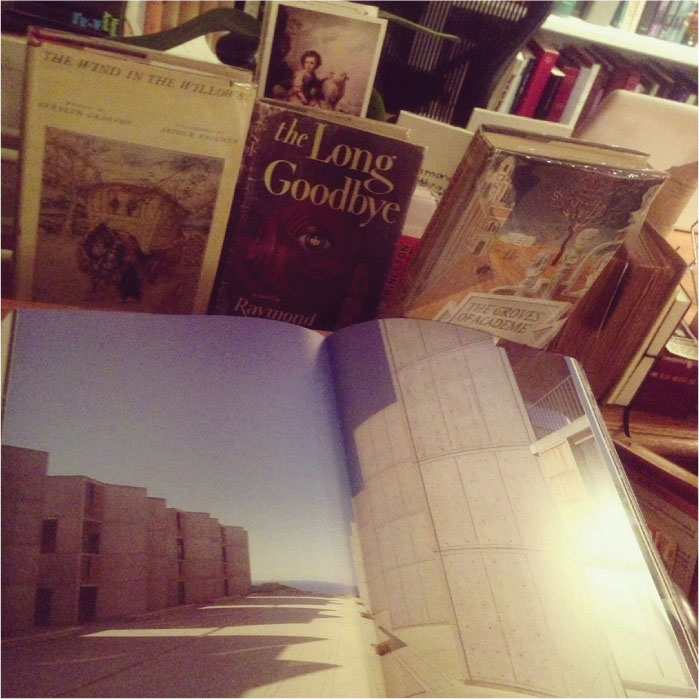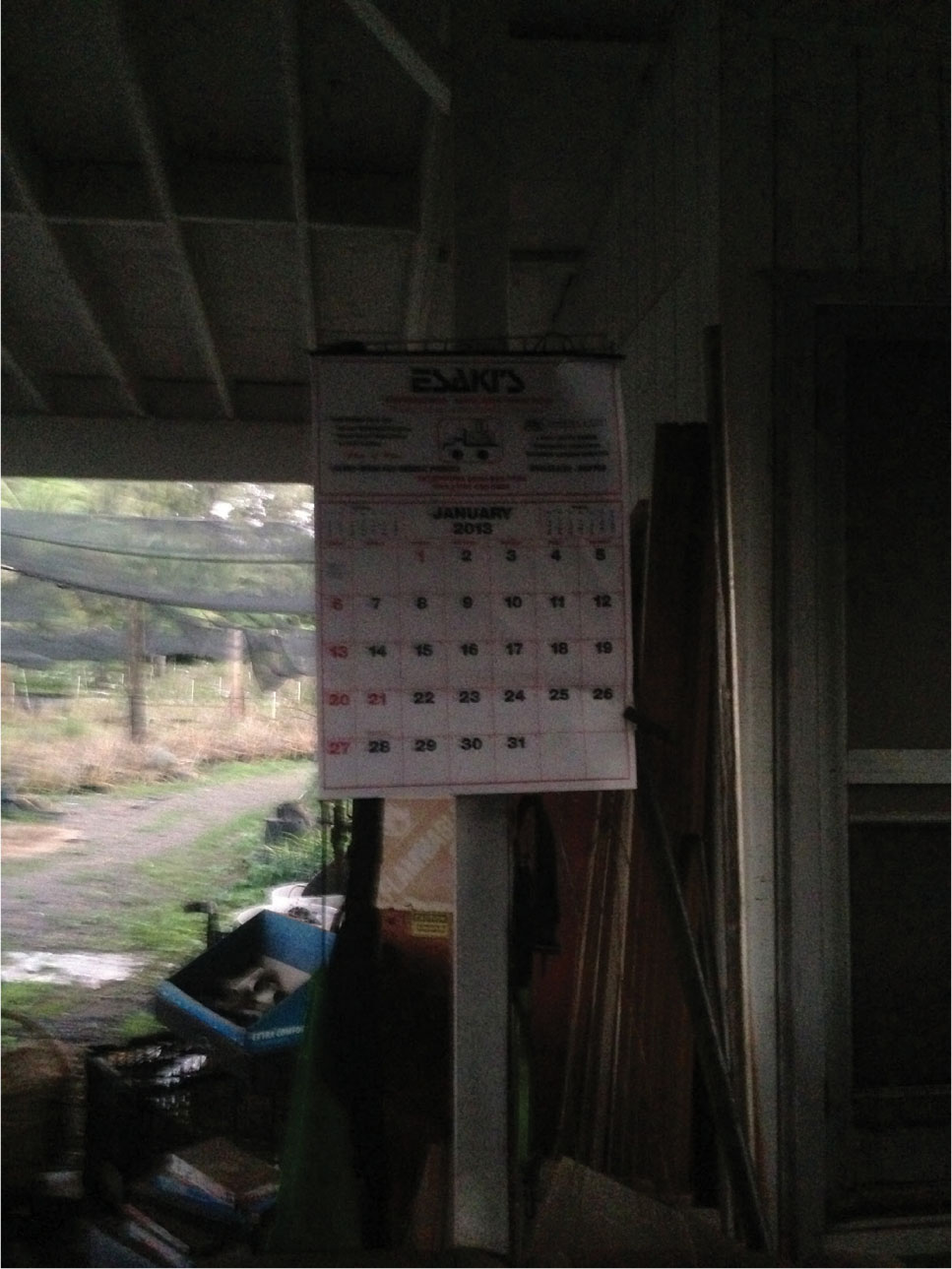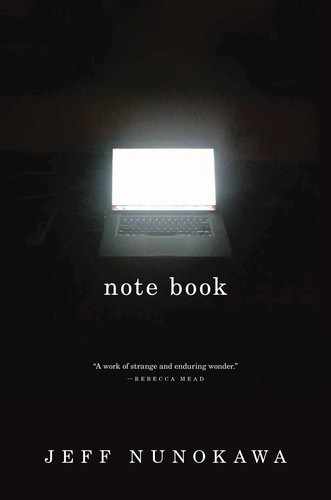4275. “her endless power of surrender”
She balanced, intensely, for the lingering moment, almost
with a terror of her endless power of surrender.
Henry James, The Golden Bowl
Have you ever noticed how surrender and surround sort of sound the same? (It’s kind of like how Dog is God spelled backward.) Coincidence? I think so—but maybe it’s more than that, too. Given how much must take itself from us, we have to hope that what leaves us all the time will stop to linger, from time to time (if only to regain its balance after tripping on some terror), in the infinite light of all our embracing love.
Note: The “sacrament of execution” (James, The Golden Bowl) “which … he made his own” (Laurence B. Holland, “The Redemptive Process,” The Expense of Vision: Essays on the Craft of Henry James).
4281. “Not a creature was stirring”
’Twas the night before Christmas, when all through the house
Not a creature was stirring, not even a …
Clement Clarke Moore, “A Visit from St. Nicholas”
Remember your first time with your first rhyme? The voice of a parent pausing before you, so that you could sound out the last part yourself? It’s evident: we’re always a little returned to the sound of our childhood—caught up in some music, made before the Age of Reason—when our ears will hear nothing but the soundness of rhyme. “ ‘Rime,’ says Henry Lanz, ‘is one of those irrational satellites that revolve around reason’ ” (W. K. Wimsatt, “One Relation of Rhyme to Reason”). The lines between the rhymes may get out there, all right—like flying reindeer carrying some old man who gives us all he’s got—but they’ll come back to planet earth in good time. Remember how the space between its beginning and its end was (still is) the opposite of scary? It’s not like the silence that lasts forever—The eternal silence of these infinite spaces, the eternal silence that frightens me (Pascal).
It’s more like the silence you know will always give way to a click of two heels that calls you back home.
Note: “mouse” (see above).
4284. The Portal’s Tale
The doorway is an opening made in a wall to permit entrance
and exit from one area to another. If it is monumental or
embellished with decorations, the doorway becomes a portal.
Francesca Prina, Architecture: Elements, Materials, Form
I don’t remember exactly when I came to feel a portal. It seems only last night that I was just another pilgrim passing through. But over the course of time, so many fellow travelers stopped me on the way to hear the stories I could tell them, and to tell, in turn, the stories they could tell me, that after a thousand and one nights detained by these tales, I finally fell asleep. Traveling in my dreams through gates of horn and ivory, I woke to find that I had become more passageway than passenger.
No one would wonder at the wound of vacancy that must occupy, now and then, the position of portal. (Are you leaving already? It seems like you just got here.) But all these so many partings, even the most painful, are welded together (Dickens, Great Expectations), and on balance, I like being this way, and would not wonder if I were not the only being who felt fit and full and fine, being this way.
Such is my story, and peace be on us all! (“The Porter and the Three Ladies of Baghdad,” The Arabian Nights, trans. Sir Richard Burton).
Note
And what if all of animated nature
Be but organic Harps diversely framed,
That tremble into thought, as o’er them sweeps
Plastic and vast, one intellectual breeze,
At once the Soul of each, and God of all?
(Samuel Taylor Coleridge, “The Eolian Harp”)

Death is perhaps rediscovered in the unconscious as the most
radical—but also most sterile—principle of its logic. But
it is life which crystallizes the first objects to which desire
attaches itself, before even thought can cling to them.
Jean Laplanche, Life and Death in Psychoanalysis
So what we first love; what we love before we know it, gains its form and its luster—
Whatever is fickle, freckled (who knows how?)
With swift, slow; sweet, sour; adazzle dim
(Hopkins, “Pied Beauty”)
—from the force of life and not the fascinations of death? Is that right? I think so. And when our love becomes a conscious passion, it can keep some continuous faith with this aboriginal attachment to the Forms of Life that will surpass the Fascinations of Death? Is that right? I think so.
That is my understanding of the dark passage from the illuminated text that I have before me, and the Dark Passage illuminated outside my window that passes through me, and beyond me.
So, that’s the story of my understanding, and for reasons I do not understand, I’m sticking to it. For reasons I will never understand, it has certainly stood by me.
Note: “Your remarks … summon up Eliot’s ‘These fragments I have shor’d up against my ruin.’ … But I think it better not to make the allusion yourself but to allow the reader to make it on his own” (Mary McCarthy to Hannah Arendt, September 19, 1967).
4293. “a proficiency in telephoning and telegraphing”
I ha[ve] acquired a proficiency in telephoning and
telegraphing which seems to have done away with my
ability to express myself in less lapidary style.
Edith Wharton, letter to Corinne Roosevelt
Robinson, March 2, 1914
Has the sheared volume of our talking and texting made us forget that any given signaling may be our last say (the chattering gleaming of our particular moment covertly engraving its permanent monument)? What with all those dropped calls and lost messages, you’d think we’d remember by now.
Maybe we remember, after all. Maybe that’s why it’s so hard to know how to stop. Maybe that’s why we silently know how important it is when we do.
Note: “God knows whether we ever meet again!” (Austen, Persuasion).
4301. “an extraordinary mildness”
Towards the end he sailed into an extraordinary
mildness,
Auden, “Herman Melville” (for Lincoln Kirstein)
I’ve never met a mildness that didn’t seem extraordinary, and something toward the end: the smoothing something of a final act of forgiveness after a long, jagged drama of anger and anguish and being out at sea: some compassionate writing (don’t worry: it’s all right) that coaxes something upset to right its balance long enough to make its way back to port; some signal sent straight to a wayward heart that it’s safe to come home; some memory of wholeness that recalls the amputated adventurer to the going grace of the last dance, just this side of the closing curtain.
Lately, I’ve been meeting with another mildness as well, twin of the first, I think, and no less extraordinary. It stretches toward a new start rather than the last rest—the one that comes after the big fall, but well before the final flight.
Note: “so tender and mild” (“Silent Night”).
4304. “Mine would, sir, were I human”
Ariel: … if you now beheld them, your affections
Would become tender.
Prospero: Dost thou think so, spirit?
Ariel: Mine would, sir, were I human.
Shakespeare, The Tempest
Not being a human being himself, the spirit settles instead for making someone who is a better one. He’s like a poem or a page or a play or a pool that prepares its pupil to navigate the sea of tears that surrounds us. He’s like the first song you heard about someone breaking up—the one you go back to whenever you’re breaking up, yourself, to learn again some basic lessons in tenderness and decency under duress. He’s like the strokes you were taught in your first swim lessons when, later, you suddenly find yourself really over your head and very far from shore. That’s what he’s like, and all you have to do is to remember what those like him have to teach you, and then, no matter how dark and stormy, you’ll always make it back to where you have to be.
Note: “lessons at love’s pain and heartache school” (Jackson Browne, “Fountain of Sorrow”).

4306. “Make it up as we go along” (Talking Heads)
He always regarded himself as a failure: he
had not done what he once meant to do.
George Eliot, Middlemarch
Actually, I’ve gotten so busy doing what I’m doing that I don’t really remember what I once meant to do.
I’m okay with that.
It’s like what happens when, one way or another, we get all in with one another: who really remembers how we got started, or how we were supposed to end?
That is success in life (Pater): I mean, once we’re really all here, who would want to be anywhere else?
Note: in medias res.

